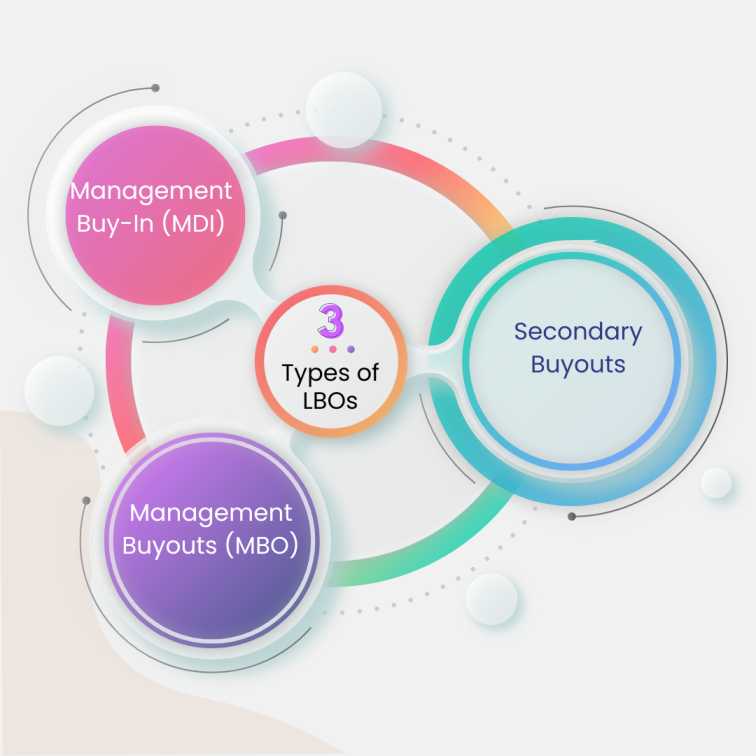Career in investment banking: If you’re planning to do investment banking after BCom, then this would be one of the most high-demand sectors in finance. Investment banking could imply profile deals, good remuneration packages, and smooth career advancement opportunities. This could automatically be there because BCom graduates can always leverage their academic background to make the professional transition in the finance sector.
It remains one of the most valuable departments in finance for now, until January 2025, offering good pay and distinct career ladders.
Investment banking preparation involves essential knowledge, acquisition of basic skills, and strategic approaches that will allow him/her to stand out of the crowd in comparison to his competitors.
Why should you go for Investment Banking After BCom?
Investment banking promises financial security but throws a lot of intellectual challenges in the way that make the career trail extremely appealing. Here is why a career in investment banking is best suited for a BCom graduate.
High Earning Potential:
The careers investment bankers hold are some of the most well-paid professions in the finance sector. Even when one starts off at entry levels, attractive compensation packages with huge increments await them as one moves along their career paths.
Global Opportunities
Investment banking is business often relevant to all sectors of the world, giving scope in financial capitals like London, New York, and Hong Kong.
Diverse Roles
One is merger and acquisition, and another is equity research. And there are even more in a way that could meet the interest and skills of the professional.
Career Growth
The field allows a systematic step from analyst levels to senior positions such as Managing Director. It’s fast-paced; the harder one works, the quicker they get to the top.
Dynamic Work Environment
Investment banking never has a dull day since new problems occur every day.
Steps to Prepare for a Job in Investment Banking After BCom
Follow the step-by-step procedures and ensure you’re on the right track towards accomplishment in investment banking:
-
Industry Knowledge
Before getting into investment banking preparation, one must have an idea of what investment banking is. Read about different roles, responsibilities, and expectations from the field.
-
Strengthen your Academic Foundation
Your BCom degree will provide you with an excellent foundation in finance and accounting, but this extra added certification may help you set apart from the rest. Some of the most recommended courses for investment banking professionals include financial modeling, valuation, and market analysis.
-
Pursue Specialised Investment Banking Courses
You should enroll in a course like Imarticus Learning’s Certified Investment Banking Operations Professional (CIBOP). These courses will train you on
- Practice Training: Examples and case study.
- Expert guidance: Industry experts who give insights.
- Guaranteed placement: Placement through the course program for the eligible candidates.
-
Build Essential Skills
Some of the key skills which are required in investment banks include:
- Analytical Thinking: Meaning drawn from vast data.
- Communication: Well-written and presented ideas.
- Attention to Detail: Accuracy in financial modeling and analysis.
-
Working Experience
Jobs that involve internships or junior-level finance positions provide the recruiters with practical working experience.
-
Networking with Industry Professionals
There is gathering of unadvertised jobs, which can be brought in seminars, professional group, and connections through LinkedIn with investment banking professionals.
-
Preparation for Interviews
Technical questions, behavioral assessments, and case studies are the standard practices carried out in the investment banking interview. Prepare well so that confidence can be earned.
Essential Skills for Investment Banking Jobs
To secure a job in investment banking, you’ll need a combination of technical and soft skills.
Technical Skills
- Financial Modelling: Models that predict or forecast financial performances.
- Valuation Techniques: Understand both DCF, and comparable analysis techniques.
- Excel Proficiency: Excel skills for analyses and reporting on data.
Soft Skills
Time management: Balancing multiple projects in heavy deadlines.
Collaboration: Interpersonal skills; working with others to produce results effectively.
Problem Solving: Innovation of ideas for the difficult problem and its way of solution with a touch of creativity.
Developing these skills through practice and coursework is a an important part of investment banking preparation.
Importance of Investment Banking Courses
The kind of investment banking courses will give a perfect mixture of theoretical thoughts and practical implementations. Imarticus Learning has brought out one of the finest CIBOP, which offers;
Comprehensive Full-spread Curriculum
The course covers a wide curriculum, from securities operations, financial markets, risk management, and lots more.
Flexible Class Timings
Online or classroom learning can be done in a weekday or weekend schedule.
Placement Guaranteed
Seven guaranteed interviews ensure the graduate is well placed to start work.
Proven Success
Imarticus Learning boasts a rich legacy of 50,000+ learners and over 1,200 batches successfully completed. Its legacy is the shape-up of investment banking careers.
Frequently Asked Questions
- Will BCom be good enough to get into investment banking?
The course lays a proper base; however, the skill sets that are important come through other courses.
- Which courses make a student ready for an investment banking job?
Courses like the CIBOP by Imarticus Learning are very much recommended due to the fact that the syllabus is full-spectrum and also because of the jobs’ guarantee.
- How important is an internship during a career in investment banking?
An internship has been one of the best networking and hand-on experiences. This is an inescapable step in preparation.
- Salary of an investment bank?
₹6-LPA to ₹12-LPA for a fresher. Scale of growth phenomenal.
- How to develop technical skills for investment banking jobs?
Take courses in financial modeling, valuation skills, and then learn how to use Excel proficiently.
- How is networking relevant to investment banking?
Networking will help you discover, learn, and network as well as find a job opportunity that is not advertised.
- Is an investment banking course worth taking?
Yes, special courses are worth it since they impart industry-specific skills, practical knowledge, and guaranteed job placement.
Conclusion
Generally, preparing for a job after doing BCom in investment banking requires a combination of strategic planning, skill development, and industry-specific training. The more you understand about the industry, improvement in your skill, and special courses conducted within CIBOP™ help you gain better opportunities for a good career.
With commitment and the right assets, you are definitely sure to find your place within the most wanted as well as highly rewarding sectors in finance. Therefore, take one step today towards finding your best way out, through investment banking that unlocks the most of your capability.













